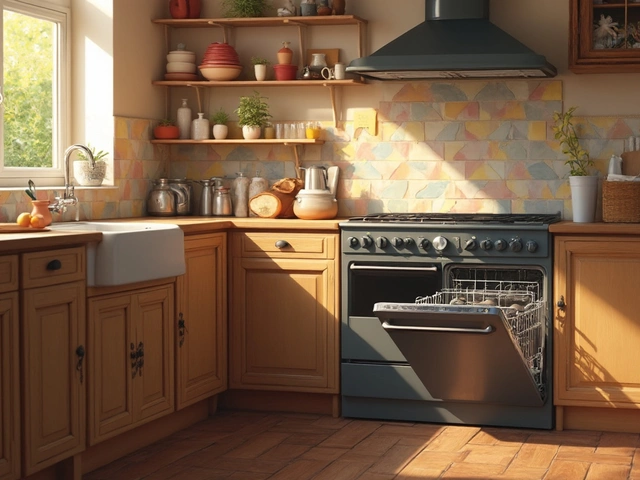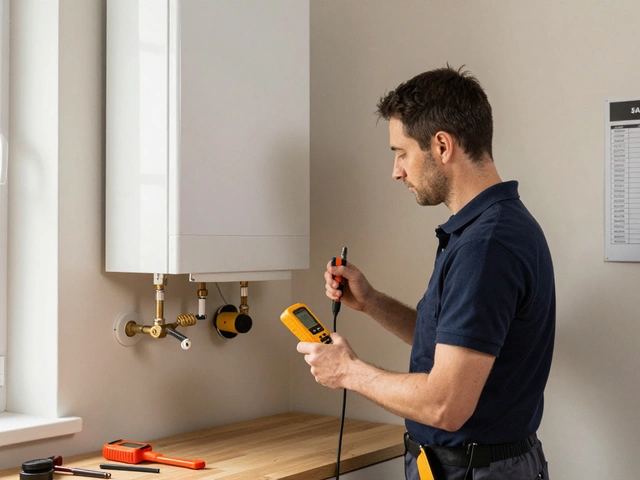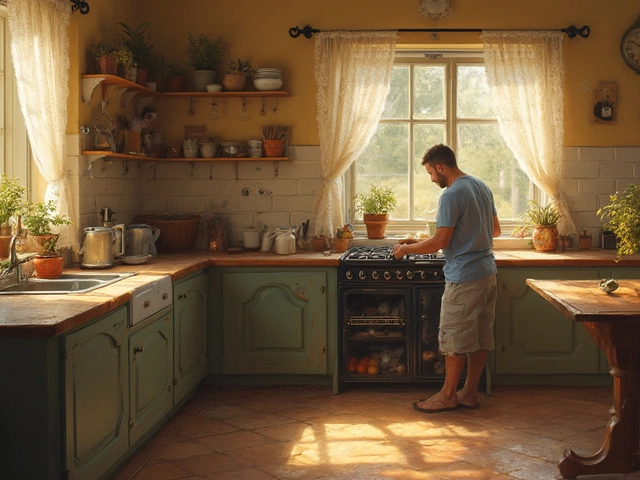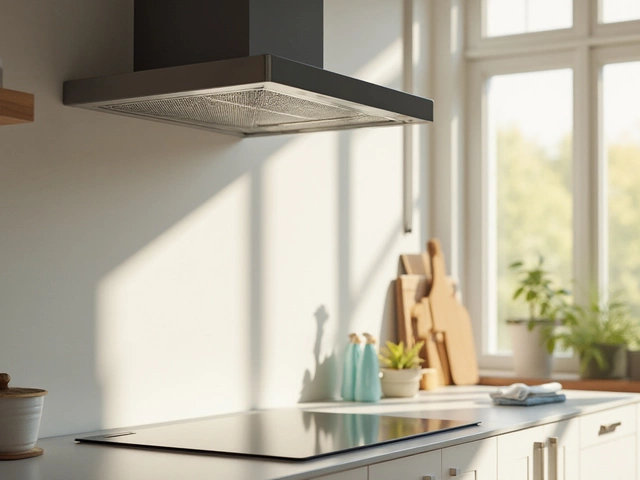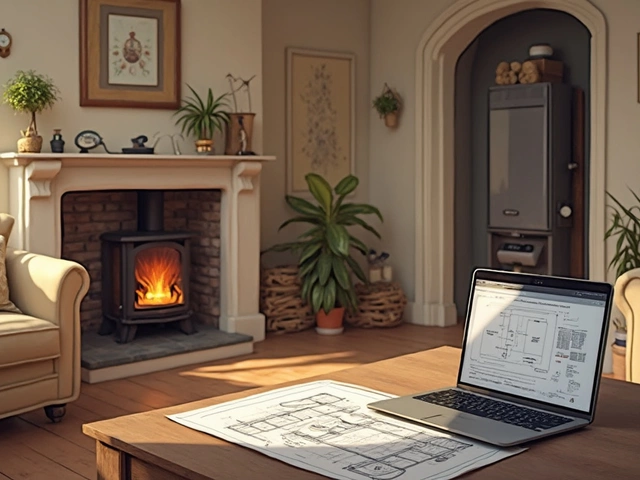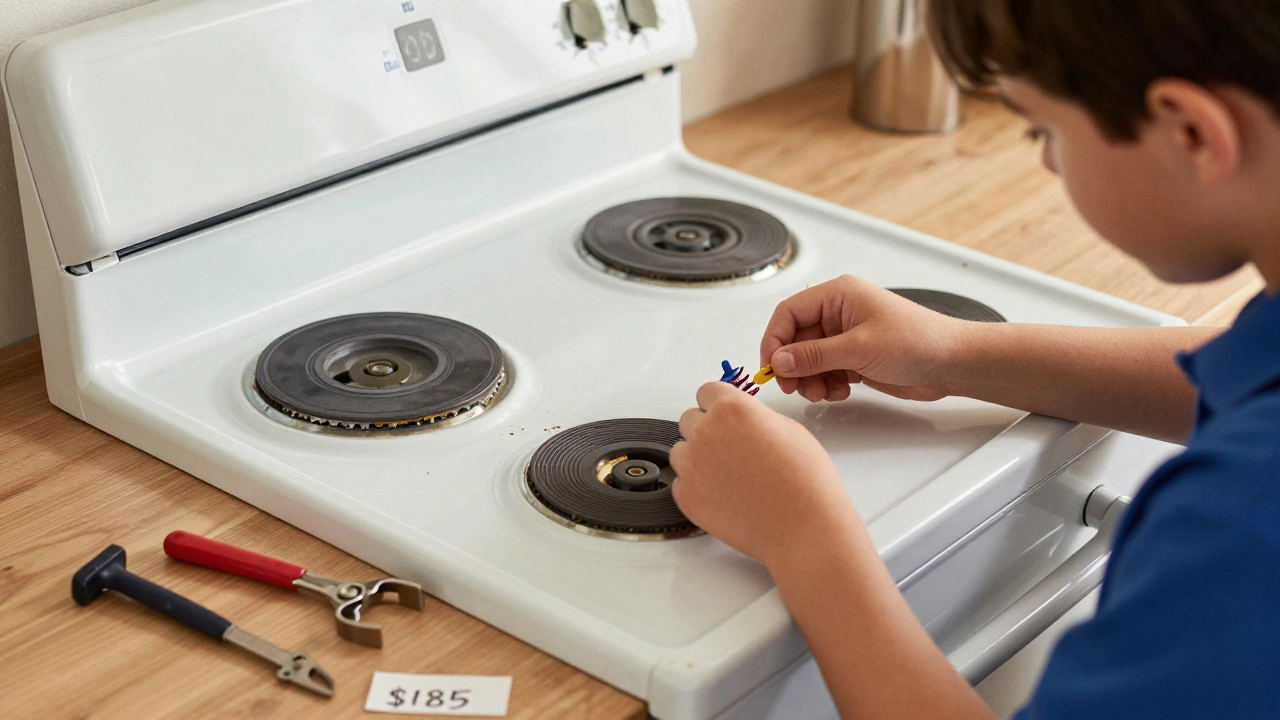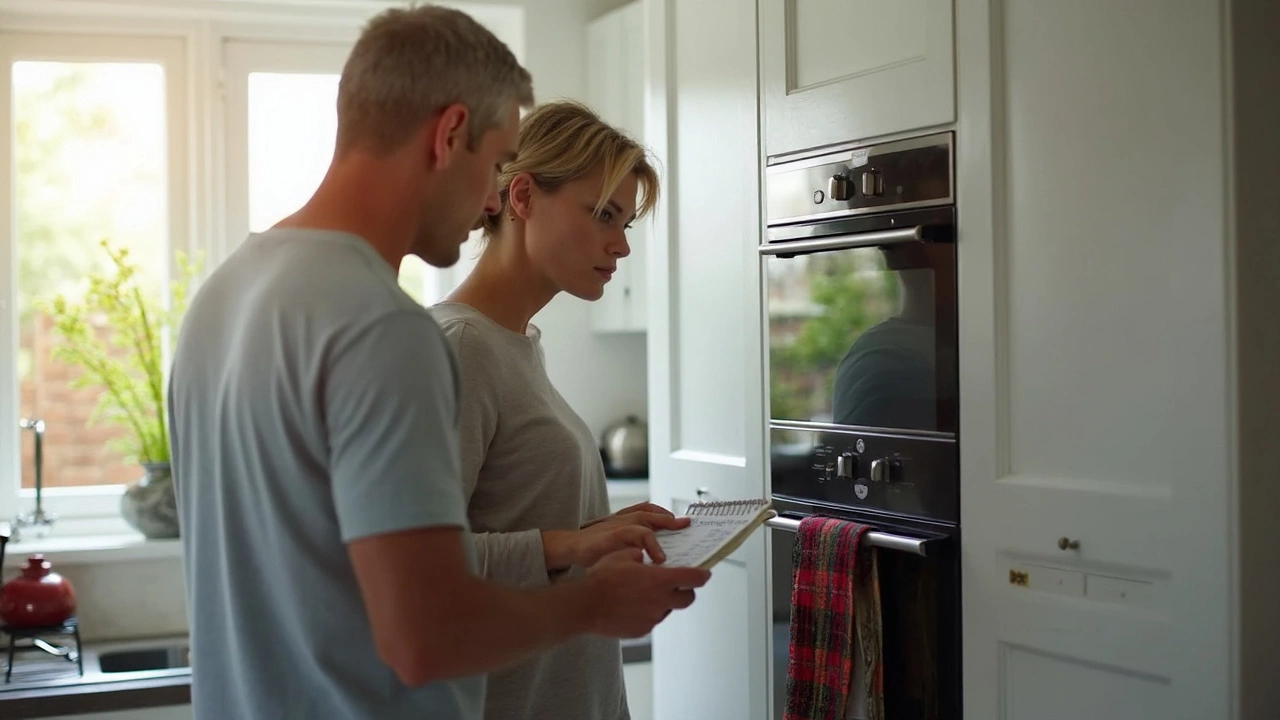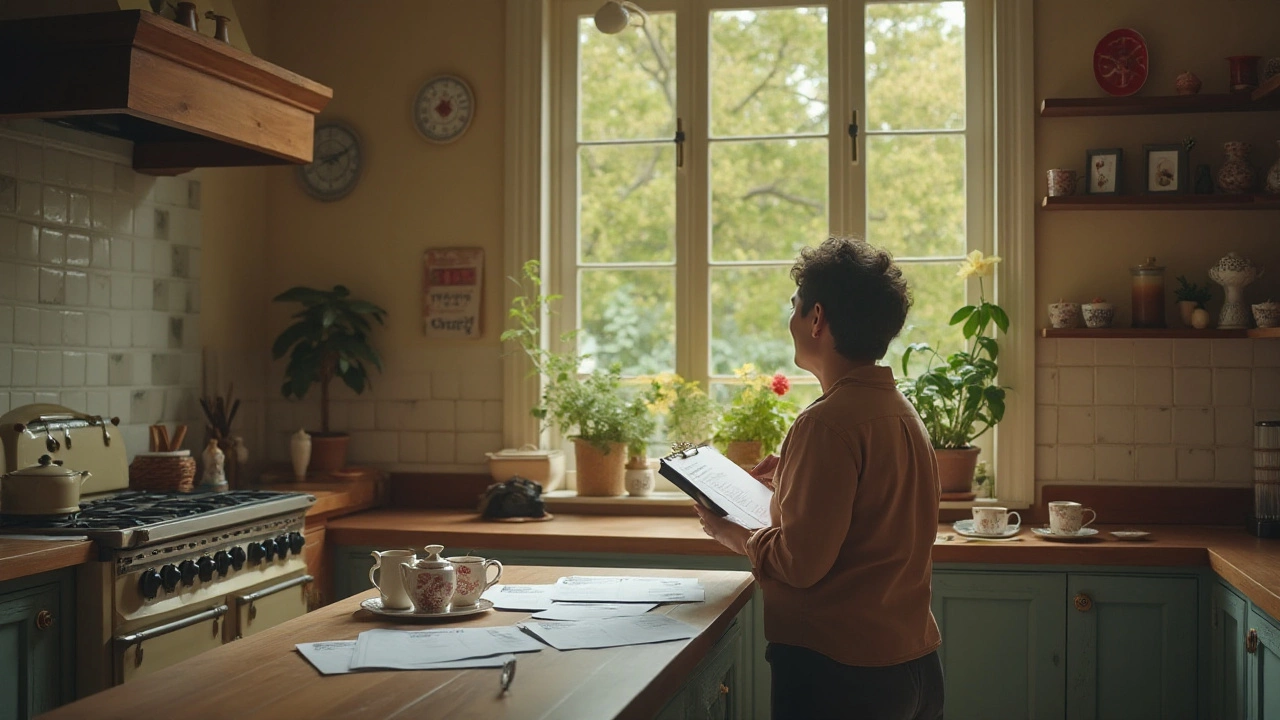Repair vs Replace: How to Choose the Right Path for Your Home Appliances
Got a faulty oven, a leaky boiler, or a fridge that’s making strange noises? Before you rush to buy a brand‑new unit, pause and ask yourself: is fixing it cheaper, safer, and smarter than swapping it out? This guide walks you through the most common questions homeowners face when weighing repair against replacement.
Cost and Age: Key Factors
First off, look at the appliance’s age. A 15‑year‑old oven, for example, often costs more to fix than it would to replace, especially if major components like the heating element are worn out. Our own post about a 15‑year‑old oven in Australia breaks down that the repair fee can climb to half the price of a new model, making replacement the sensible choice.
Next, compare the quoted repair cost with the price of a comparable new unit. If the repair quote is over 50 % of the replacement cost, you’re usually better off buying new. This rule works for boilers, too – a boiler that’s more than a decade old and needs a $800 fix will likely cost $1,200‑$1,500 to replace, plus the benefit of a fresh warranty.
Don’t forget hidden expenses. Older appliances may need extra parts, specialised labor, or longer downtime. A broken fridge compressor might require a costly refrigerant refill, pushing the total well beyond the price of a mid‑range fridge.
Performance, Safety, and Energy Efficiency
Even if the repair price looks okay, consider how well the appliance will perform afterward. A repaired heat pump that still blows cold air may waste energy and increase your bills. Our heat‑pump troubleshooting article shows that minor fixes often don’t solve underlying efficiency problems.
Safety is non‑negotiable. A cracked glass hob can shatter, and a faulty boiler can leak carbon monoxide. If a repair doesn’t restore the appliance to safe operating standards, replacement is the only responsible option. The same goes for extractor fans – a motor that sputters can cause moisture buildup and mold growth, as explained in our extractor fan repair guide.
Energy usage is another angle. Newer appliances meet stricter efficiency standards, meaning lower electricity or gas consumption. Swapping an old washing machine that spins upside‑down with a modern, water‑saving model can cut your utility bill dramatically.
So, how do you decide in practice? Use this quick checklist:
- Is the appliance over 10‑12 years old?
- Is the repair cost more than half the price of a new unit?
- Will the repaired item meet current safety standards?
- Will a new model save you money on energy bills?
- Do you have a reliable warranty on the replacement?
If you answer “yes” to two or more questions, replace it. If the answers are mostly “no,” get a professional quote and go ahead with the repair.
When you’re stuck, call the experts. At Rugby Appliance Repair Services we can assess any appliance – from ovens and boilers to fridges and heat pumps – and give you a clear, no‑pressure recommendation. Our goal is to help you avoid unnecessary spend and keep your home running smoothly.
Ready to make a decision? Grab your appliance’s age, a quick repair estimate, and run it through the checklist. You’ll know exactly whether to roll up your sleeves or call in a pro – and you’ll save time, money, and stress in the process.
